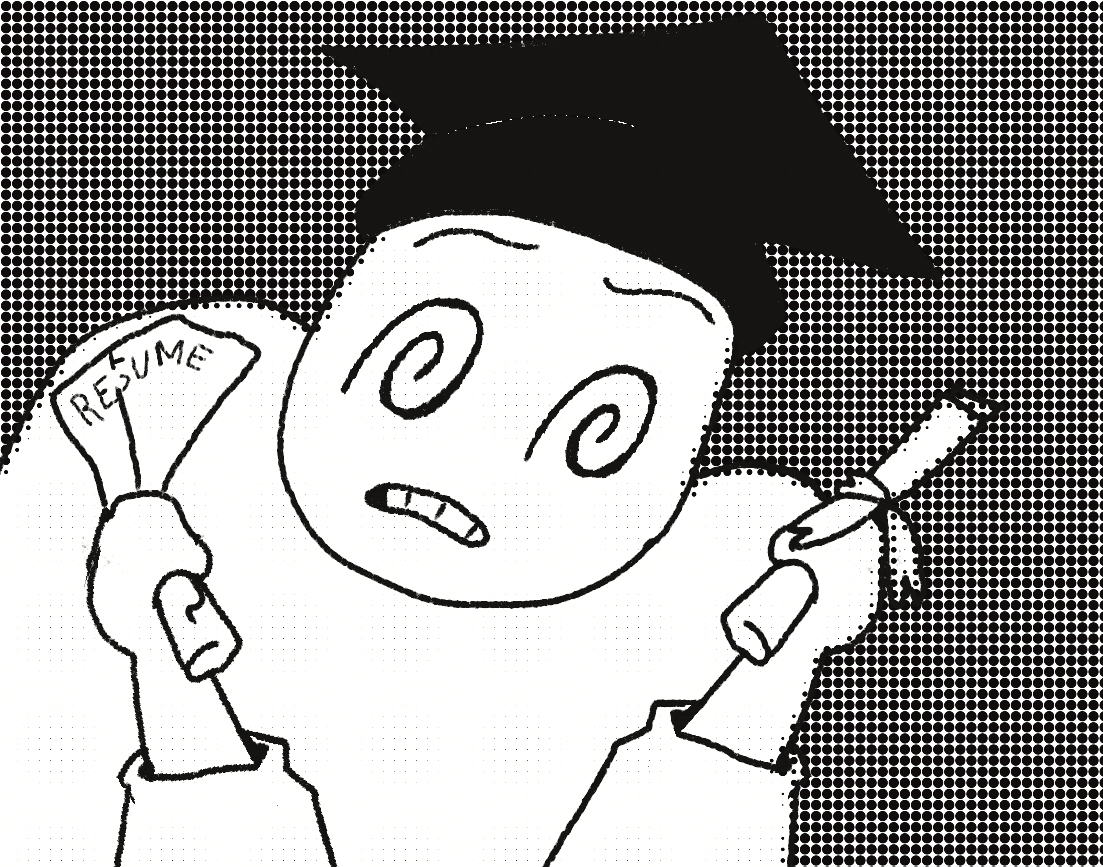City departments to investigate circumstances of G-20 arrests
September 28, 2009
Several city departments will investigate the circumstances surrounding 152 arrests of people on… Several city departments will investigate the circumstances surrounding 152 arrests of people on and near Pitt’s campus during the G-20 demonstrations.
Mayor Luke Ravenstahl, the Citizen Police Review Board and Pittsburgh City Council each plan to gather information about the handling of arrests made as police confronted with protesters, rioters and onlookers on Thursday and Friday nights.
Ravenstahl first told reporters about an investigation Friday evening, after President Barack Obama’s press conference at the David L. Lawrence Convention Center.
He said officials in his office will use photos and video footage from police officers and other sources — possibly newspapers — to determine whether police acted responsibly during the nearly 8-hour demonstration that began near Schenley Plaza on Thursday.
Ravenstahl’s office did not respond to calls from The Pitt News over the weekend for a response to Friday night’s events.
At the press conference, the mayor said he was under the impression that police showed “a tremendous amount of restraint.”
“I wasn’t there myself, so you probably had a better perspective than I did,” Ravenstahl told a reporter who had been in Oakland the night before, “but my understanding was that the police repeatedly asked the crowd to disperse.”
City Councilman Bill Peduto came to Schenley Plaza Thursday during the demonstration. He said the scene felt “tense” because hundreds of officers were there. He left the area and said he was not allowed to come back to Oakland when he heard the situation had escalated. On Friday night, he tried to enter Oakland but was blocked by police.
Peduto stayed out in his district, which includes North Oakland and Shadyside, until 3 a.m. on both nights, he said.
Peduto said he won’t comment on the incidents until he meets with police officials. However, he said city council has set up a committee that will be looking into the G-20 Summit as a whole.
“I will assure you that the incidents that occurred both Thursday and Friday will be part of that committee’s work,” Peduto said.
Citizen Police Review Board Executive Director Elizabeth Pittinger said the board, which is an independent agency established by City Council to investigate citizens’ complaints of police conduct, will also investigate.
Pittinger said she was “quite familiar” with the arrests in Oakland on Friday night, and she encouraged students or readers with information or complaints to call the review board at 412-765-8023 or visit the website to complete an online form.
“When they call, we need to know their name, how we can reach them, whatever they need to tell us about the incident,” she said. “They don’t need to be intimidated by making a phone call.”
City police spokeswoman Diane Richard did not respond to phone calls or e-mails requesting comment.
Pitt police Chief Tim Delaney said at least 10 police departments were helping Pittsburgh police during the G-20.
“When you have a police department out of the state, they don’t quite know all the relations,” Delaney said.
A police officer can order a “disorderly” group to leave an area if the officer reasonably expects that the group’s presence will result in “substantial harm or serious inconvenience, annoyance or alarm,” according to an American Civil Liberties Union pamphlet about protesting at the G-20.
Delaney said failure to disperse was the most common reason people were arrested Thursday and Friday.
Tracey Hickey, a Pitt freshman, was arrested on Thursday night for failure to disperse outside the doors to Towers Lobby.
She said was trying to hold the door open for people to get in. A YouTube video, which shows officers chasing people toward Towers lobby, also shows police taking Hickey away after people ran into the dorm lobby.
“I was never expecting to be arrested,” Hickey said in an e-mail. “First of all, I never heard an order to disperse on the Fifth Avenue side of the patio.”
She said a few moments before she was arrested, police hadn’t interfered with her holding the door open for people on the Forbes Avenue side of the patio.
“As far as I was concerned, I was helping people to disperse,” she said.
Article F, chapter 55, section two of the Pennsylvania Crimes Code, which describes the law pertaining to failure to disperse, says:
“Where three or more persons are participating in a course of disorderly conduct which causes or may reasonably be expected to cause substantial harm or serious inconvenience, annoyance or alarm, a peace officer or other public servant engaged in executing or enforcing the law may order the participants and others in the immediate vicinity to disperse. A person who refuses or knowingly fails to obey such an order commits a misdemeanor of the second degree.”
Officers also charged some people with disorderly conduct, described in the next section of the code.
Disorderly conduct is defined as when someone “engages in fighting or threatening, or in violent or tumultuous behavior, makes unreasonable noise, uses obscene language, or makes an obscene gesture, or creates a hazardous or physically offensive condition by any act which serves no legitimate purpose of the actor,” provided those actions are made “with intent to cause public inconvenience, annoyance or alarm, or recklessly creating a risk thereof.”
News Editor Liz Navratil contributed to this report.


